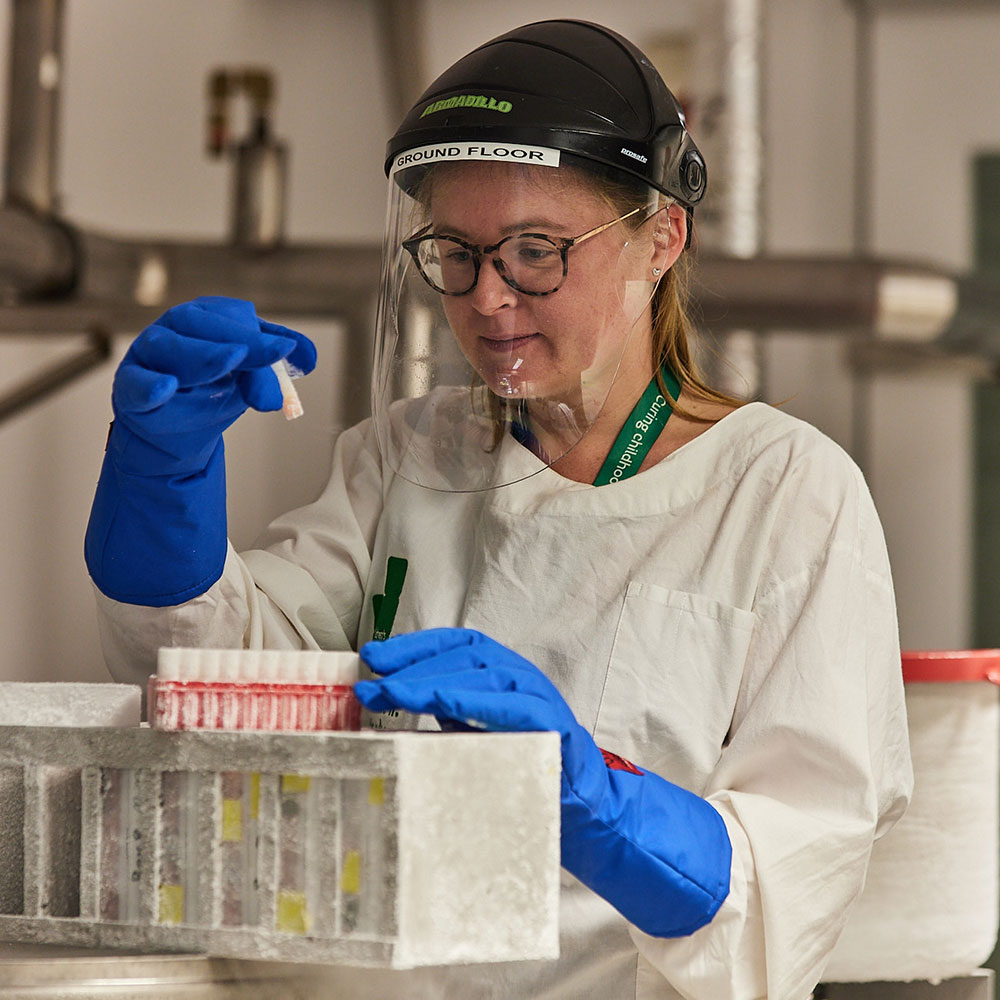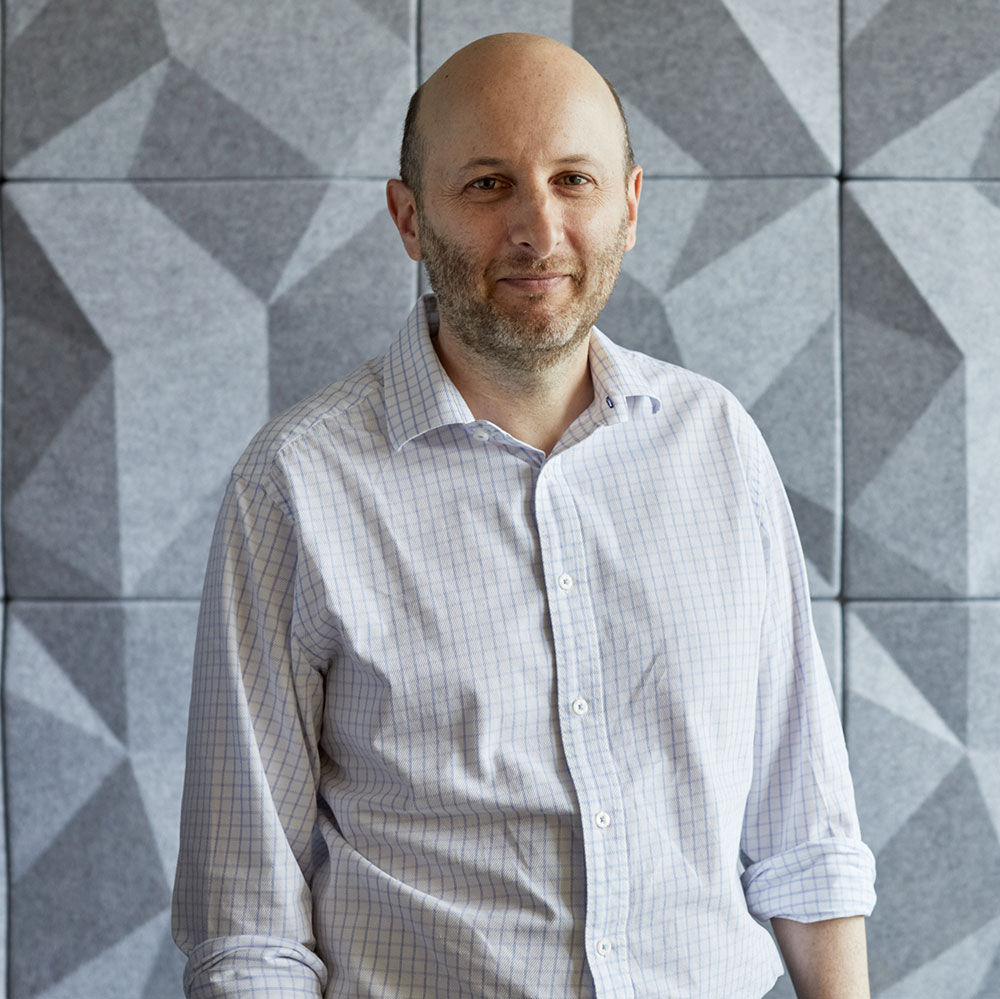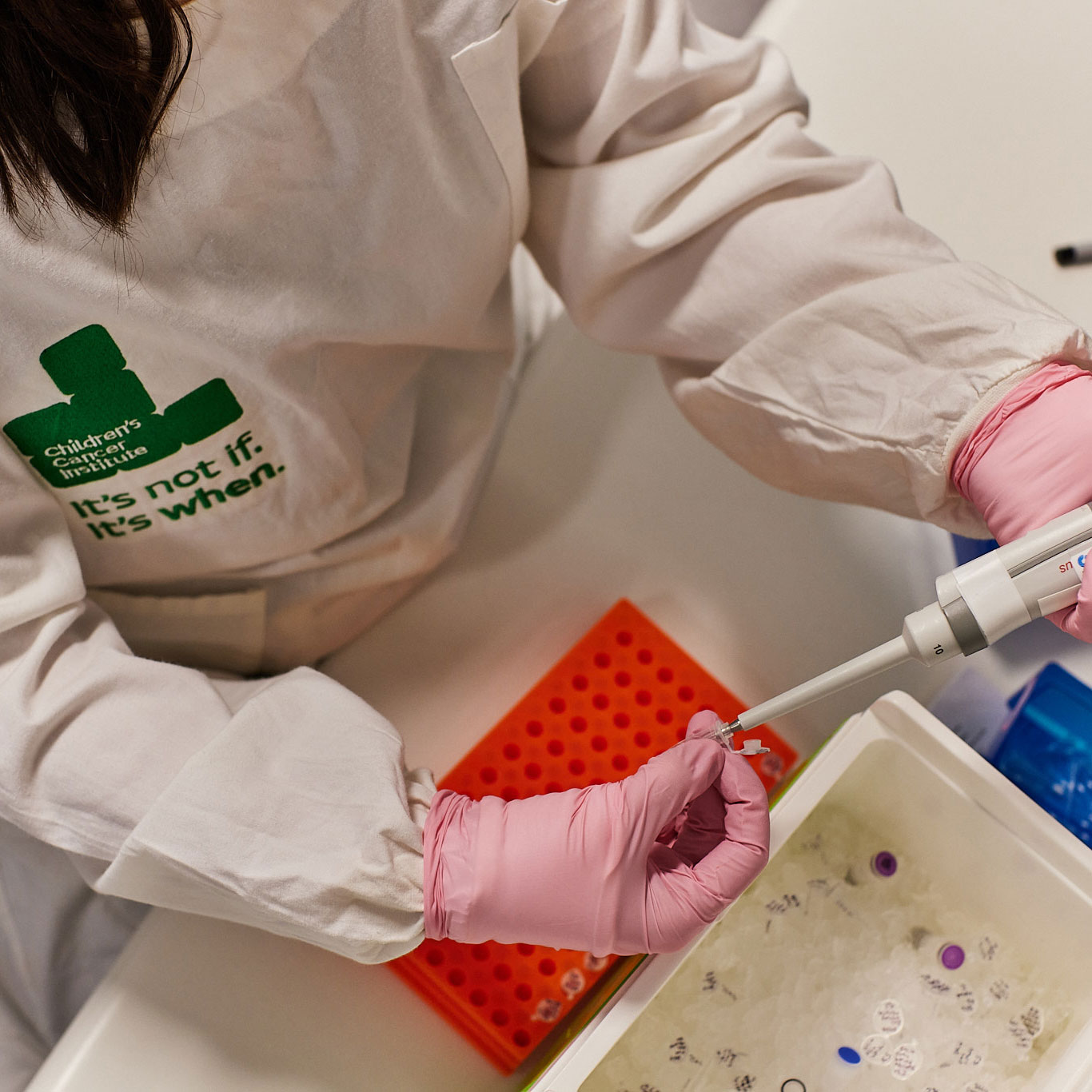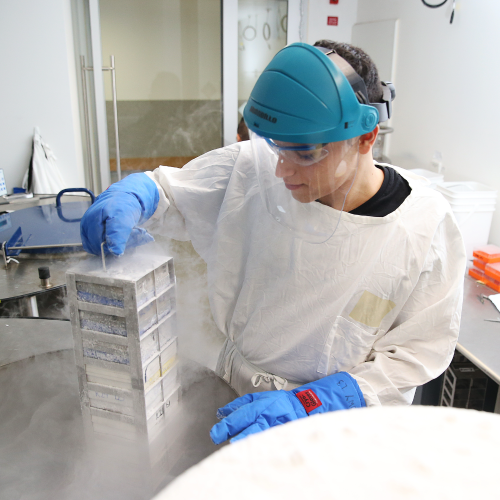World Cancer Day (4 February) reminds us that cancer is a global problem. And to tackle that problem, a global research effort is needed. Fortunately, scientific research – which was once dominated by competition − is now a highly collaborative affair. Together, we are achieving far more than we ever could alone.
Zero Childhood Cancer leads the way
A shining example of the power of collaboration is the Zero Childhood Cancer personalised medicine program (ZERO), jointly run by Children’s Cancer Institute and the Kids Cancer Centre at Sydney Children’s Hospital − two organisation that share a 30-year history of research collaboration.
ZERO’s research and clinical partners include all eight of Australia’s children’s hospitals, as well as 23 national and international partners. It is the breadth and depth of ZERO’s partnerships that hold the key to the program’s success.

Drawing on the strengths of many
Within Australia, collaboration between research institutes in several states allows ZERO to draw on the knowledge and skills of experts across all areas of medical research, from discovery biology to health implementation.
This collaboration not only drives ZERO’s research progress, but also accelerates the translation of the program’s research discoveries into improved clinical care for kids with cancer.
ZERO also has strong ties with leading child cancer research institutes internationally, and this cooperation is leading to truly exciting progress in the global fight against cancer.

Sharing data to fight cancer on a global scale
A great example of multinational collaboration in the childhood cancer arena is data sharing. The genomic analysis of individual children’s tumours by ZERO in Australia, and other programs elsewhere in the world, is generating unprecedented data about the many different types of childhood cancer, some of which are extremely rare. And in the spirit of global cooperation, this data is increasingly being shared online, for the benefit of all.
‘Since we know so little about many childhood cancer subtypes, it is essential that we share data globally,’ explains Associate Professor Mark Cowley, who heads our Computational Biology Group.
A case-in-point is a collaboration established in June 2020 between ZERO and several US-based partners, including the Children's Brain Tumor Tissue Consortium, Seven Bridges, and the Kids First Data Resource Center, together with the Australian BioCommons and the Australian Research Data Commons. Using an innovative cloud-based system called CAVATICA, researchers across Australia and the United States can, for the first time, seamlessly share unique genomic data as well as novel data analysis methods.
‘Through international data sharing on childhood cancer subtypes, the ZERO team hopes to better understand how to treat the cancers we find in Australia’ said Associate Professor Cowley. ‘Before now, this kind of information was simply inaccessible.’
Find out more about Zero Childhood Cancer at https://www.zerochildhoodcancer.org.au/
Find out more about World Cancer Day at https://www.worldcancerday.org/














